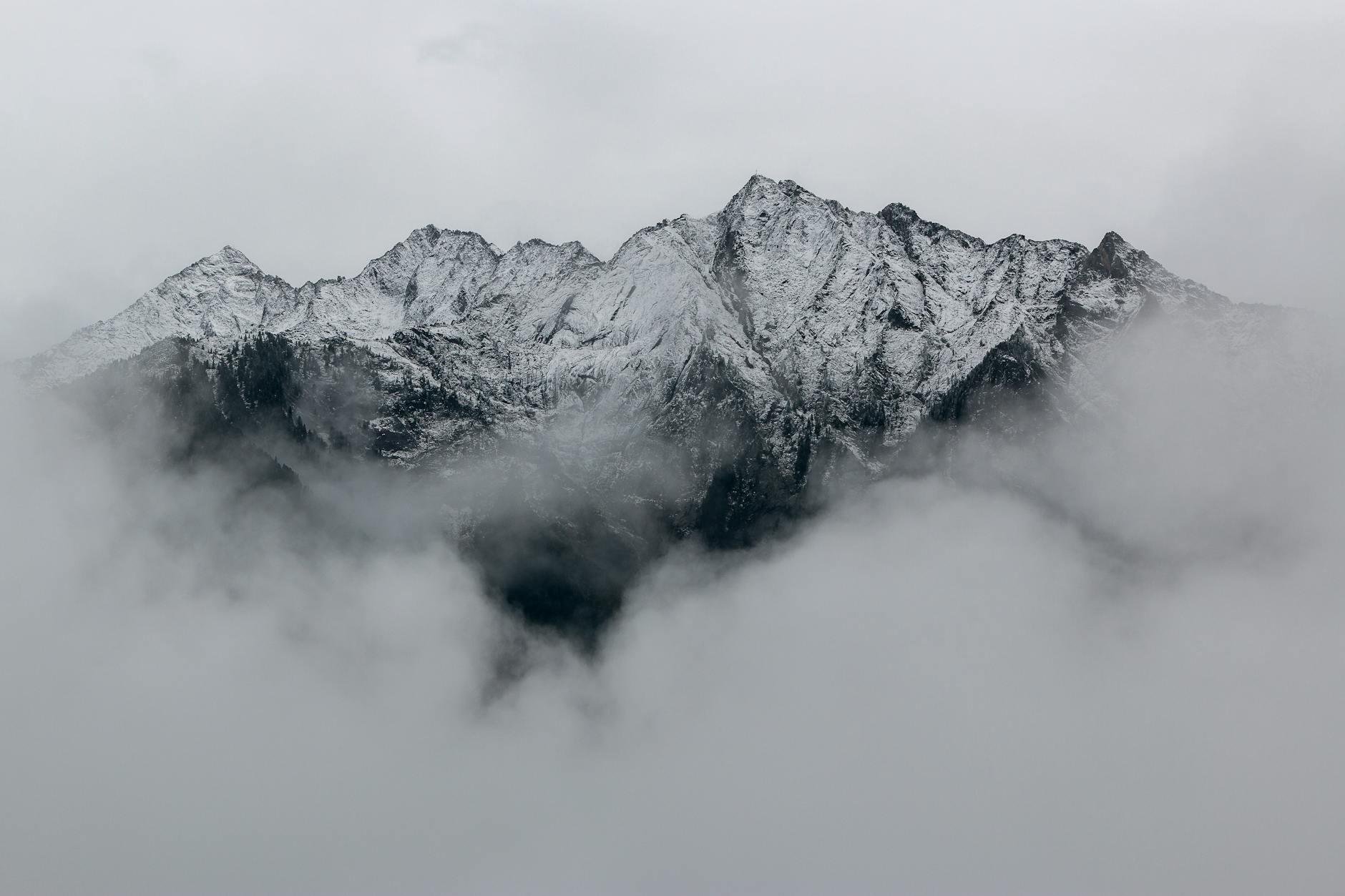
In the grand chessboard of global industry, rare metals are not just elements on the periodic table—they are the invisible forces behind technological supremacy, economic control, and geopolitical maneuvering. While gold and silver have historically defined wealth, today’s world runs on neodymium, lithium, cobalt, and palladium. Without them, there would be no electric vehicles, no smartphones, no satellites, and certainly no wind turbines harvesting clean energy.
Yet, here’s the irony: these metals are called “rare,” not because they are absent from the Earth’s crust, but because they are trapped behind political barriers, economic interests, and extraction complexities. So, what makes them rare, who controls them, and can Europe break free from its dependency?
What Makes a Metal “Rare”?
Rare metals are rare for three key reasons:
1️⃣ Scarcity in Nature
Some metals, like rhodium and tantalum, exist in extremely low concentrations in the Earth’s crust, making their extraction costly and inefficient. For perspective, rhodium is so rare that for every one billion atoms in the Earth’s crust, only one is rhodium. That’s why its price can skyrocket unpredictably.
2️⃣ Extraction Complexity
Metals like neodymium (Nd) and dysprosium (Dy), essential for EV motors and wind turbines, are not found in large, concentrated deposits. Instead, they are spread thinly across various minerals, requiring extensive chemical separation processes. Extracting them is one thing; refining them to usable purity is an entirely different challenge.
3️⃣ Monopoly and Political Control
China didn’t just stumble into controlling over 85% of the world’s rare earth refining—it made a strategic decision decades ago to dominate the supply chain while Western nations ignored the industry. Countries like the U.S. and Australia have rare earth deposits, but they lack refining infrastructure, forcing them to ship raw materials to China. This is not a geological problem—it’s a political one.
Who Controls the World’s Rare Metals?
The rare metals supply chain is dominated by a handful of countries, and the balance of power is clear:
Metal | Top Producer | % of Global Production | Strategic Importance |
| Neodymium (Nd) | China | 60%+ | EV motors, wind turbines |
| Lithium (Li) | Australia | 50% | EV batteries, energy storage |
| Cobalt (Co) | Democratic Republic of Congo (DRC) | 70% | EV batteries, aerospace |
| Nickel (Ni) | Indonesia | 40%+ | Stainless steel, EV batteries |
| Palladium (Pd) | Russia | 40% | Catalytic converters, hydrogen fuel cells |
| Tantalum (Ta) | Rwanda & DRC | 50%+ | Electronics, military applications |
📌 Key Takeaway: A handful of nations control the metals that power the global economy, and many of them are unstable or geopolitically hostile to the West.
Why Is Europe in a Supply Chain Crisis?
1️⃣ The Refining Bottleneck
Even when raw materials exist in Sweden, Finland, and Portugal, Europe lacks the refining capacity to make them usable. For example, even if the U.S. extracts rare earths from Mountain Pass (California), it still has to send them to China for refining—a weak point in the supply chain that Europe also suffers from.
2️⃣ Recycling and Circular Economy Are Not Enough (Yet)
Europe is pushing for urban mining—recycling rare metals from electronic waste, batteries, and wind turbines. But while this is part of the solution, it’s not enough to meet rising demand. By 2030, the EU will still need to import over 60% of its rare metals.
3️⃣ Geopolitical Risks and Economic Dependence
Europe has no control over its supply chains, relying on China for rare earths, Russia for palladium, and Africa for cobalt. If China restricts exports tomorrow, EV production, wind farms, and defense industries in Europe would grind to a halt.
Can Europe Break Free?
1️⃣ New Mining Projects in Europe
- Sweden’s Kiruna Deposit (Discovered 2023) → Europe’s largest rare earth deposit.
- Portugal & Spain’s Lithium Mines → A step toward EV battery independence.
- Norway & Finland’s Nickel & Cobalt Reserves → Potential to rival global producers.
2️⃣ EU’s Critical Raw Materials Act (2023)
- Extract at least 10% of rare metals locally (reduce foreign dependency).
- Refine at least 40% of what Europe needs by building refining capacity.
- Ensure no more than 65% of any one material comes from a single country (reduce China dependency).
3️⃣ Strategic Alliances for Resource Independence
- EU-Canada Raw Materials Partnership → Securing nickel, cobalt, lithium from a friendly supplier.
- EU-Australia Agreement → Strengthening rare earth processing outside China.
- EU-Chile & Argentina Deals → Locking in lithium supply for EV batteries.
The Future of Rare Metals: War, Innovation, or Collapse?
The race for rare metals is a battle for global control—one that is already playing out in trade wars, political negotiations, and industrial investments. Whoever controls these metals controls the future of clean energy, technology, and defense.
✔ Short-Term Outlook (Next 5 Years): China will continue to dominate, but the U.S., Europe, and Australia are building alternative supply chains.
✔ Long-Term Outlook (10+ Years): New mining projects, recycling, and alternative materials could weaken China’s monopoly—but only if Western nations commit to long-term investment.
✔ Wildcard Factor: If geopolitical tensions escalate (e.g., a China-Taiwan conflict), global supply chains could collapse overnight, making rare metals even more valuable than gold.
Final Thought: The Real Rare Resource? Control.
Rare metals are not just about scarcity—they are about who has control over the elements that run the world. While some countries sit on untapped reserves, others have made strategic decisions to dominate production and processing. The real battle is not just under the ground—it is in the policies, investments, and alliances that shape the global economy.
📌 The question is no longer who owns the metals, but who controls their movement. And in that game, Europe has a long way to go.


